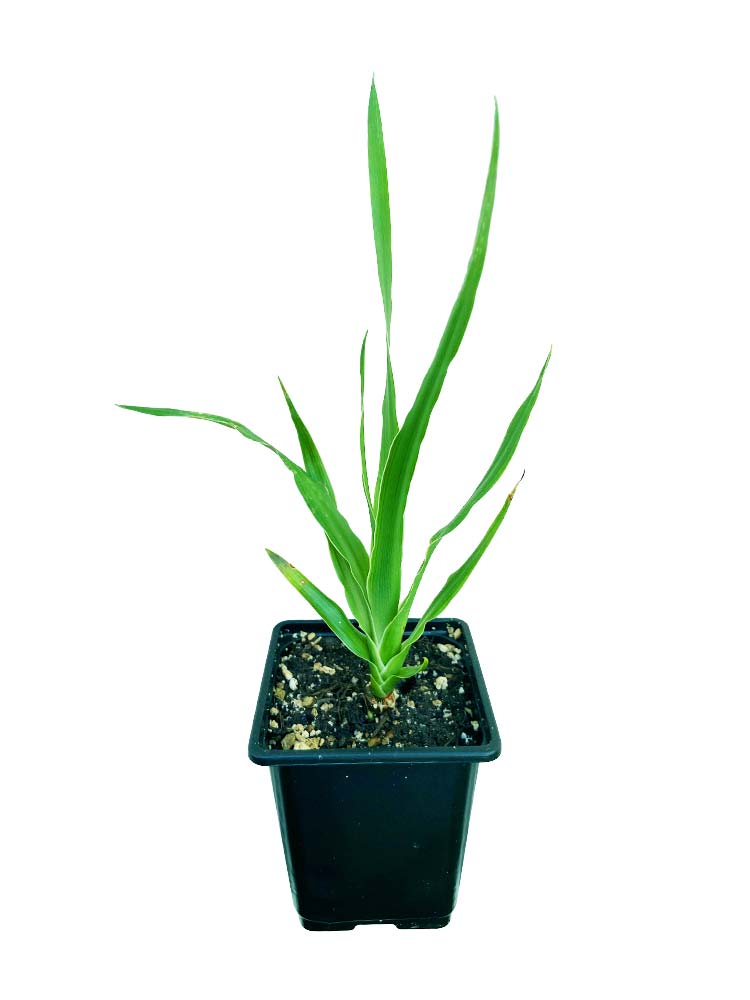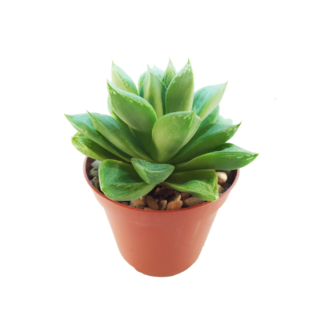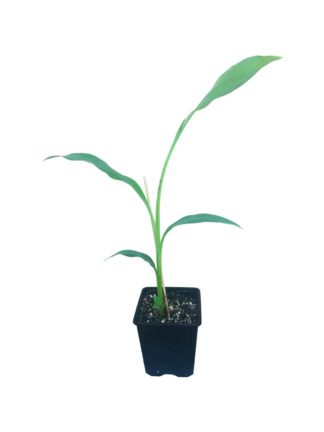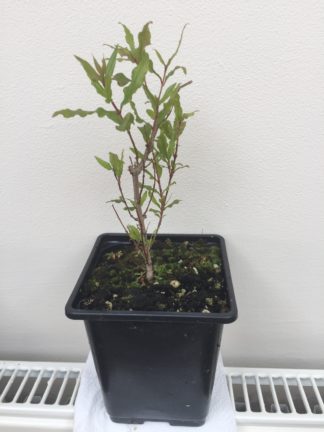Dragon TreeDracaena draco
£5.95 – £8.95
| Origin | Canary Islands, Cape Verde, Madeira, Morocco |
|---|---|
| Type | Shrub |
| Soil | Any |
| Watering | |
| Watering Frequency | Minimal |
| Sunlight | |
| Suitable for Bonsai | No |
| Min. Temperature | 5 °C H1c Temperate |
The Dragon Tree is a sub-tropical plant that is native to the Canary Islands, Cape Verde, Madeira and Morocco. It is not a true tree; it is in fact a type of asparagus! (You can’t eat it though). It is considered endangered in the wild.
It is a slow growing plant that can reach a height of well over 12 metres (40 feet). It is also long-lived; the oldest known specimen is about 300 years old.
The Dragon Tree has a single stem with a branching crown and aerial roots that grow down the stem and into the soil. It looks a bit like a mushroom.
The leaves are blue green in colour and 60 cm long (23 inches) by 5 cm wide (2 inches). They are pointed at the ends.
The flowers are greenish white and grow from the crown on stalks. The fruits are orange-red berries.
The stem, branches and leaves contain the bright-red resin Dragon’s Blood, which has a number of commercial uses. It is used to make varnish, incense and dyes, and also for its medicinal properties. Dragon’s Blood is also used in ritual magick.
Fun Fact
- The Dragon Tree is the national symbol of Tenerife. The native Guanches people used to have a sacred Dragon Tree that was 21 metres tall (70 feet) and supposedly 6,000 years old, but it was destroyed by a storm in 1868
Safety Precautions
- We advise against using this plant for medicinal purposes




